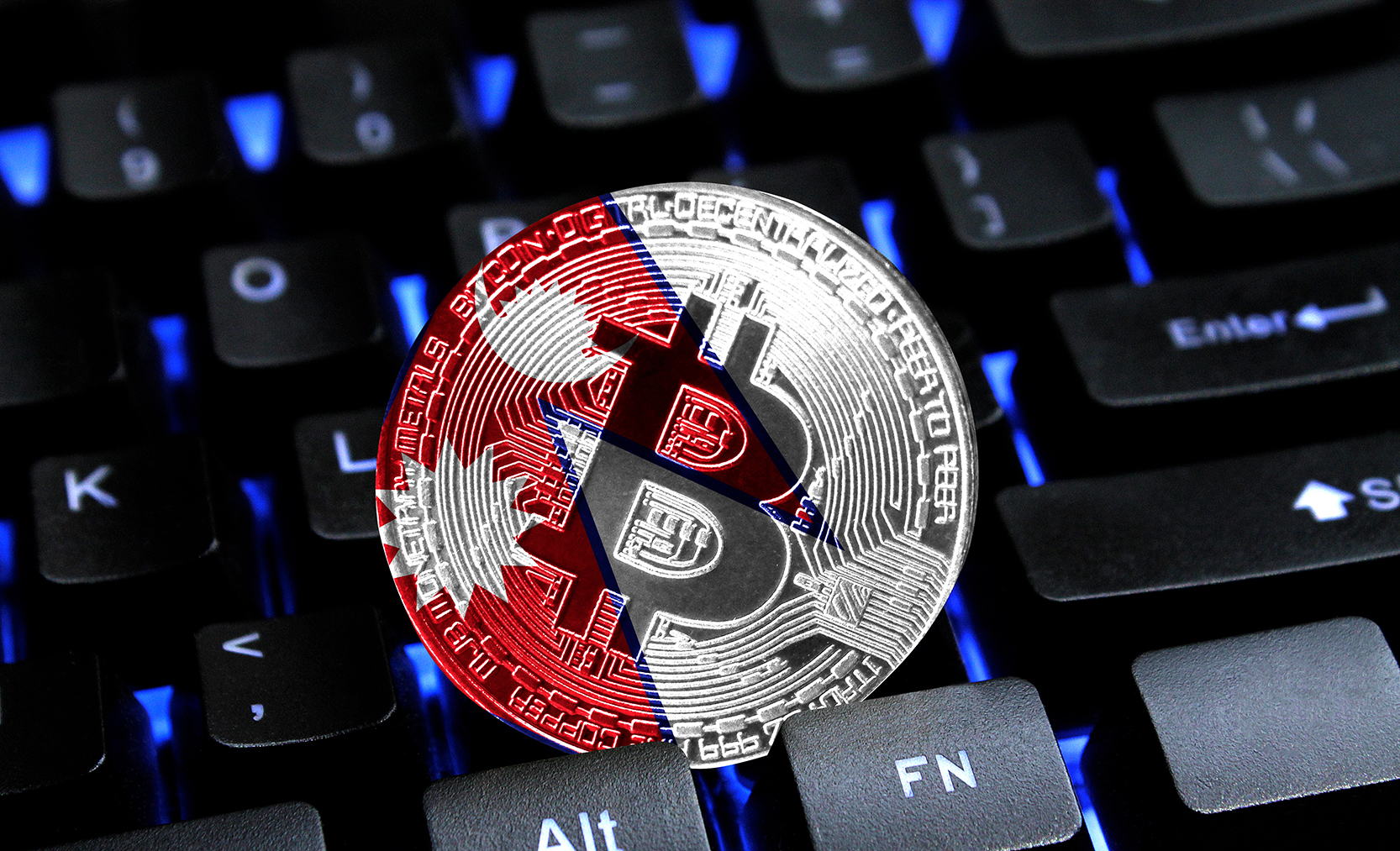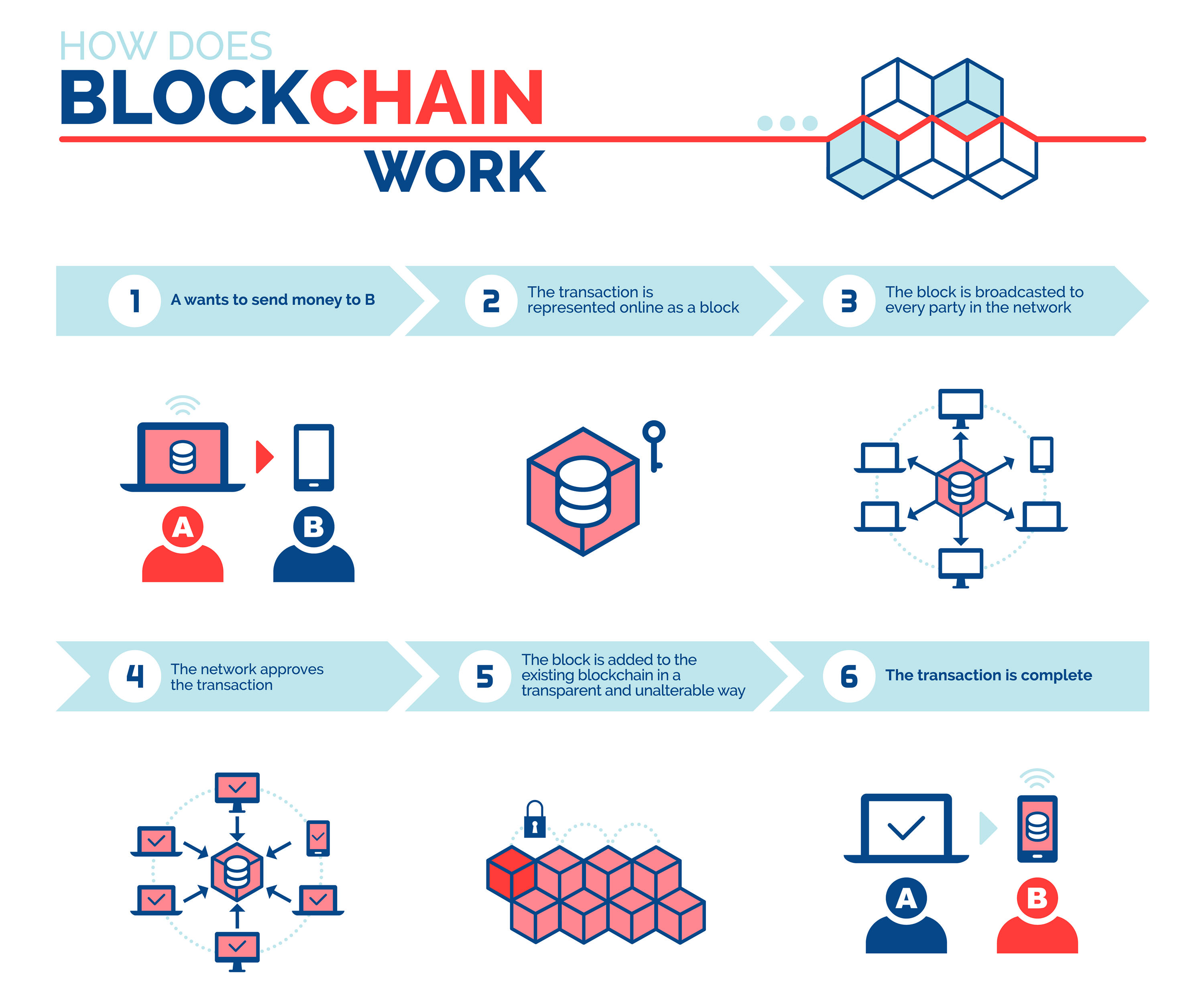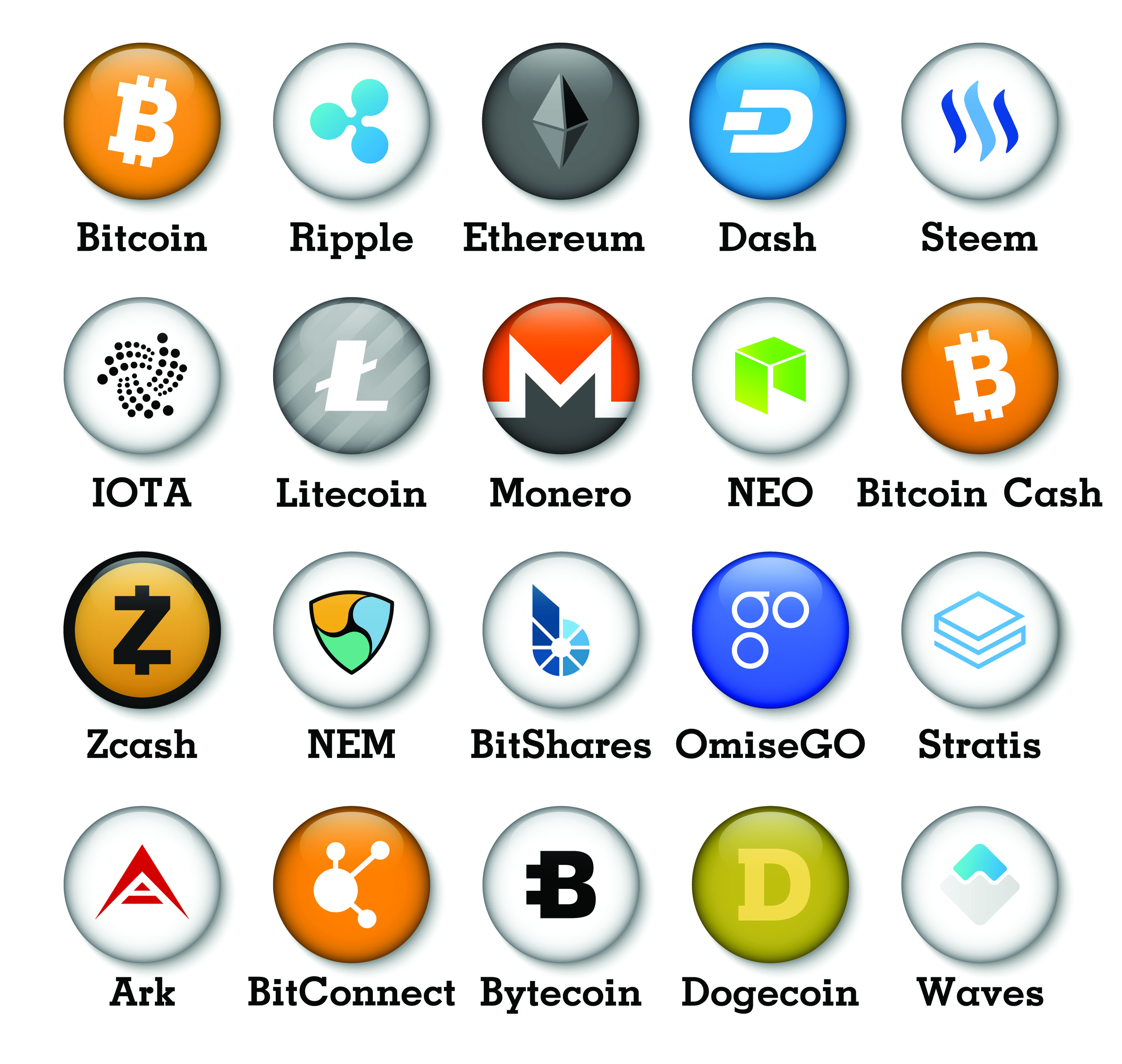Money
Everything you need to know about cryptocurrencies
Although digital currency is increasing in popularity across the world, in Nepal, Bitcoin and other cryptocurrencies are considered illegal forms of financial tender.
Prajesh SJB Rana
This new decentralised form of currency took the world by storm, quickly growing in value as more and more people came on board. The Bitcoin boom created cryptocurrency billionaires, and led to thousands of new cryptocurrencies coming into operation. Today, cryptocurrencies are collectively worth billions of dollars and are used to purchase an increasing number of goods and services, from airline tickets to a cup of coffee.
Here’s everything you need to know about cryptocurrencies.
What is cryptocurrency?
Cryptocurrencies are digital currencies that exist solely as strings of computer data. They are not connected to any form of traditional currency which means that they exist outside of traditional economic structures like governmental bodies or banking institutions. When you pay for products or services through your debit or credit card, the transaction goes through your bank. But instead of having a central body like a bank control all of your transactions, cryptocurrency offer a new system: multiple copies of a public ledger hosted by the community using it would be secured through cryptographic hash functions to validate and secure each transaction on to the ledger. This public ledger contains a record of all cryptocurrency transactions and is distributed over a large network of users who verify, compile and maintain it. Because the ledger is public and relies on multiple verification nodes, cryptocurrency is almost impossible to counterfeit.
What is Bitcoin?
Various forms of digital currency have existed since the 80s, but it was only in 2008, when a man, or group, known only by the pseudonym Satoshi Nakamoto proposed the idea of Bitcoin in a white paper that cryptocurrency really took off. Digital currency had always suffered from a problem called ‘double spending’ which was an inherent flaw with earlier forms of cryptocurrency that arose from the fact that digital data was relatively easy to reproduce. Real currency never had that problem since you can only spend your cash once and all card transactions go through your bank, which verifies that you only spend what you have. Nakamoto proposed using blockchains, paired with complex proof-of-work systems, to verify each transaction to counteract this problem which led to one of the most robust and comprehensive systems to regulate cryptocurrency.
What are blockchains?
Since cryptocurrency is not regulated by a singular, centralised financial institution, each cryptocurrency transaction is recorded on a distributed network of computers that are running special software. Each time a transaction is performed, the network tracks the sender’s public key (much like an account number), the receiver’s public key and the amount of currency transferred. This information is then placed at the end of a public ledger, copies of which have been distributed over many computers within the network. This growing list of records, called blocks, is what forms the blockchain. The blockchain is updated hundreds of times a day and is sent to all the computers that process the specific type of cryptocurrency.
To authenticate the validity of each transaction, each cryptocurrency transaction is sorted into blocks by specialised computing software, that when validated, is added to the end of the public ledger creating a ‘chain of blocks’. The newly computed block is only accepted by the rest of the network if the block is ‘hashed’ correctly. Hashing the block requires computers to find a specific numeric code called a ‘nonce’ number that when included with a specific block constitutes a hash. Once the hash has been accepted by the larger blockchain network, it gets accepted into the chain.

How does cryptocurrency get its value?
Cryptocurrency networks are usually free and open for anyone to use. Applying for payment gateways like debit cards and online banking services will incur costs and might even be limited in various use-case scenarios. But cryptocurrencies are usually open in the scope of their use because they are not based on a central body regulating your money. These currencies are pseudo-private, meaning that while records of your transactions are open for anyone to see, the identities of senders and receivers are usually hidden behind strings of alphanumeric values that act as keys to your digital wallet.
But since most cryptocurrencies aren’t tied in value to tangible objects, like most other currency is, its value is determined by the people using it, causing it to have a value that is speculative. This causes cryptocurrencies to fluctuate in value but more robust cryptocurrencies like Bitcoin implement certain measures to ensure greater value, like counteracting effects of inflation by restricting the total amount of currency that can exist. Only 21 million Bitcoin can ever exist, and 1,800 Bitcoins get mined every day. There are currently 17.8 million Bitcoin in existence, with 1 Bitcoin currently valued at $11,475, or Rs 1,296,005.
How do you obtain cryptocurrency?
There are three ways to obtain any form of cryptocurrency. You can exchange any traditional currency for cryptocurrency by trading with individuals or exchanges. You can barter cryptocurrency for services or products, like on the nefarious website Silkroad. Or you can mine them.
Mining cryptocurrency generally involves active participation in the cryptocurrency network. Since validating and maintaining the blockchain is super complex and requires an insane amount of computing power, nodes that successfully complete a hash function and add a block to the blockchain are rewarded with a certain amount of the currency. For Bitcoin, one successfully processed block yields 12.5 Bitcoins. Not a bad amount considering the per unit value of Bitcoin.
As more and more people use and produce cryptocurrencies, the blockchain that sustains them become more complex and difficult to process. In the initial heyday of Bitcoin, people could mine it relatively easily on their laptops or desktops, but today, the complexity of the chain and competition in mining requires specialised hardware called ASIC Miners to profitably mine a respectable amount of Bitcoin. These ASIC Miners, used exclusively for mining, are very expensive and draw a lot of power, adding to the overall cost of mining Bitcoin. Mining other forms of cryptocurrency might not be as cost-intensive as Bitcoin owing to the complexity of the blockchain as well as massive interest in the currency. But they are also valued a lot less.
Why are cryptocurrencies so popular?
While Bitcoin is one of the earliest and most popular cryptocurrency, many alternative currencies have been developed since Bitcoin was first introduced. Today, 1,600 different cryptocurrencies exist, making it difficult to speculate which of these, if any, will be pervasive in the future.
Cryptocurrencies eliminate the middleman in financial transactions, like banks, which regulate how and where you can use your money, often taking a percentage for managing your money. With cryptocurrencies, all transactions are direct and you don’t have to go through anyone else, providing more control over your money.
The anonymous nature of cryptocurrencies also adds to their attraction. In an age where digital privacy has become more important than ever before, people are moving towards a currency that will preserve their anonymity. Banks track how you spend your money but cryptocurrencies don’t. In every transaction, you are only an account number. This means that cryptocurrencies also have a notorious reputation for being used in illegal activities like buying and selling drugs on the internet.

What is the status of cryptocurrency around the world?
Some countries have accepted cryptocurrencies as legal tender and as legal assets. Countries like Australia, Japan and Switzerland have embraced cryptocurrencies by tying them to regulatory bodies and taxing them. The status of cryptocurrencies in many other countries, like China and India are contentious, with bans on banking but not outright bans on their trade or exchange.
In the US too, cryptocurrencies are technically not legal tender but are regulated as both a currency and security. They are legal to exchange and trade, opening up the market for big companies like PayPal, Microsoft and Expedia to accept Bitcoin for their products and services.
What about cryptocurrency in Nepal?
According to the Nepal Rastra Bank Act and the 2019 Foreign Exchange Regulation Act, Nepal Rastra Bank has officially declared Bitcoin and other cryptocurrencies as illegal forms of financial tender. In 2017, the Central Investigation Bureau even arrested two individuals for running Bitcoin mining and exchange operations.
***
What do you think?
Dear reader, we’d like to hear from you. We regularly publish letters to the editor on contemporary issues or direct responses to something the Post has recently published. Please send your letters to [email protected] with "Letter to the Editor" in the subject line. Please include your name, location, and a contact address so one of our editors can reach out to you.




 13.12°C Kathmandu
13.12°C Kathmandu





